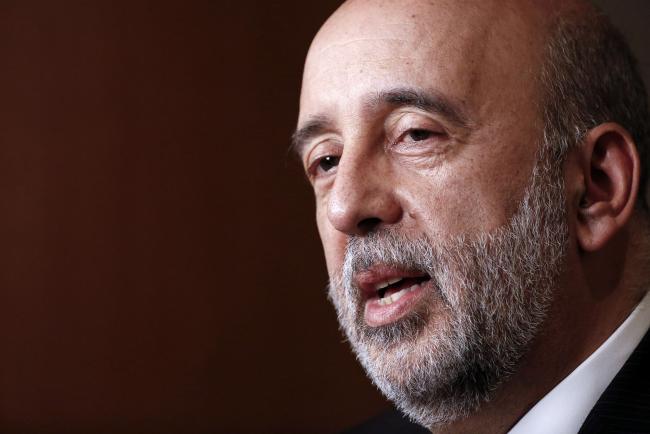(Bloomberg) --
The Irish central bank is “highly unlikely” to allow investment funds aimed at mom and pop investors to hold crypto assets and is limiting retail investment funds’ exposure to special purpose acquisition companies.
“There are too many unanswered questions around things like custody, and money laundering, and even just volatility and liquidity” on crypto assets, Patricia Dunne, director of securities and markets supervision, said in an interview. There are “too many questions for direct investment by retail investors.”
Dunne’s comments reinforce repeated warnings from regulators on the growth of crypto assets generally. Central bank Governor Gabriel Makhlouf has warned investors should be prepared to lose all their investment, while another top official has described it as a “great concern.”
Dunne also warned on special purpose acquisition companies, which she said have issues around transparency and complexity for retail investors. The regulator has limited investments in SPACs to a maximum of 10% of the net asset value for retail investment funds. That limit may be in place “forever,” she said.
Her comments came as the central bank published its outlook on risks in securities markets for 2022. The report warned firms to be on top of issues tied to misconduct, sustainable finance and green-washing, good governance, conflicts of interest, financial innovation, cyber security and use of leverage by funds.
“The growth of the sustainable finance market has increased the risk that some financial products are not as sustainable as claimed,” the bank said in the report. “If, through inadequate or incorrect disclosures investors are misled into buying products that do not meet their sustainable expectations, it will damage the sustainable finance industry that is crucial to the transition toward greener economic activities,” it said.
Meanwhile, firms that moved business to Ireland from the U.K. after Brexit are now ramping up operations. Daily transaction reports to the central bank show volumes more than doubled in 2021, Dunne said.
©2022 Bloomberg L.P.

